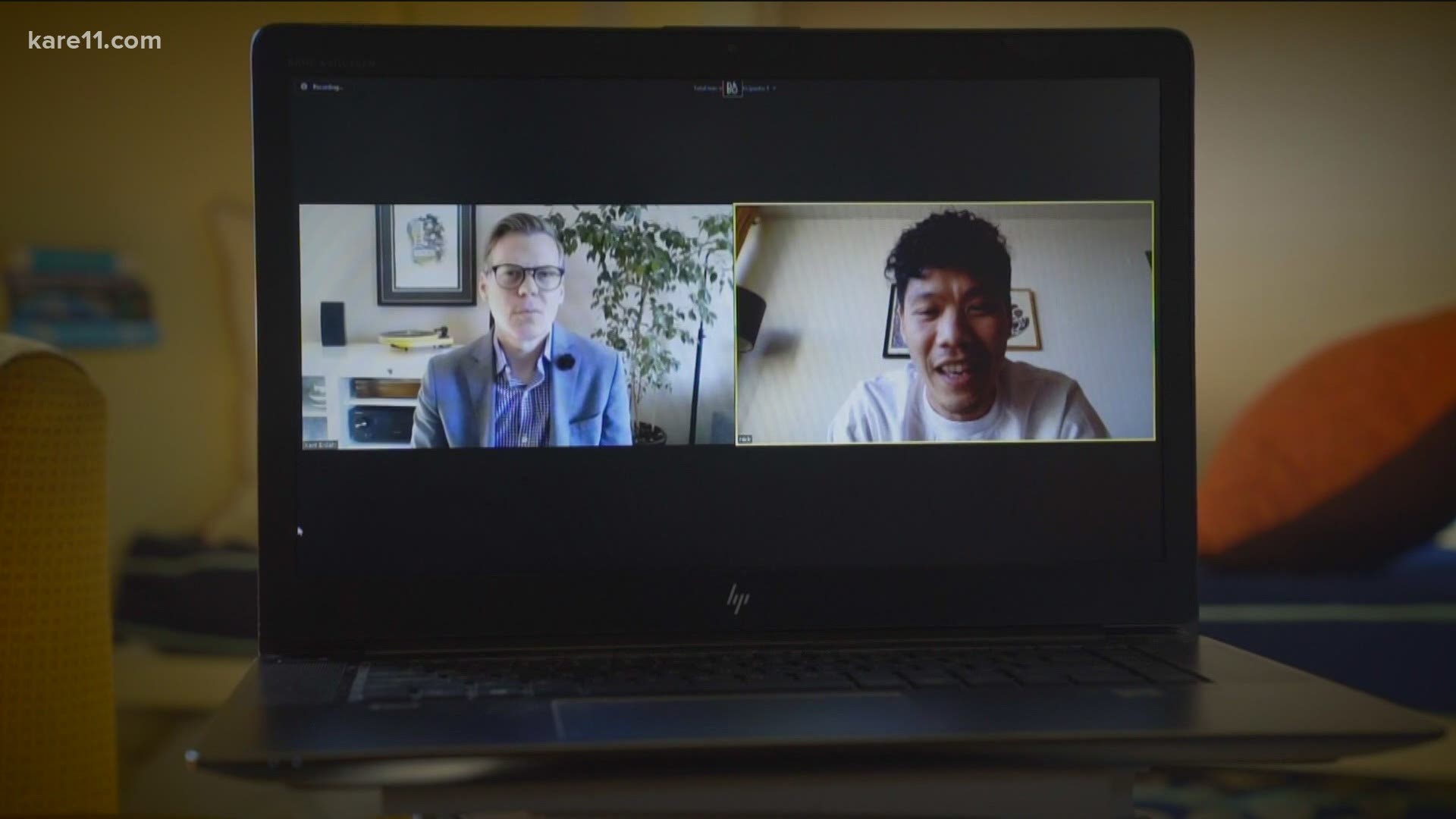MINNEAPOLIS — The Minnesota legislature will begin debate on a bill next week that could broaden the way hate crimes are reported, investigated and prosecuted in the state.
The bill isn't new. A similar effort gained bipartisan support last year before falling apart in the final days of the session due to pandemic-related budget concerns. A year later, supporters in the Asian American and Pacific Islander communities say the changes are needed more than ever.
"We've heard reports where elderly Asian folks are getting targeted on the streets and the police response is, 'Well, don't go outside and walk or just make sure you're walking in groups,'" said Nick Kor, Senior Manager for Movement Building at the Coalition of Asian American Leaders (CAAL). "Or something will happen to someone and they'll ask us the question, 'What's the point of actually reporting if nothing is going to happen?'"
Kor says frustration with the response to hate crimes directed at Asian Americans hit a new high this week, after he watched a news conference following the mass shootings that targeted spas in the Atlanta area on Tuesday. Despite shooting and killing eight people, including six women of Asian descent, investigators quickly reported that the alleged shooter denied being racially motivated.
"It is really troubling that a shooter can say whatever they want and the police will just take that and say it to the rest of the world," Kor said.
CAAL is now working with Minnesota legislators in hopes of passing a bill that would help provide more training to police in both identifying hate crimes and communicating with victims.
"We haven't had an update of hate crimes and bias training manual for law enforcement for over 30 years," said Representative Frank Hornstein, a democrat from Minneapolis who authored the bill, which goes to the House Public Safety Committee on Tuesday.
The bill not only updates police training, but also allows the state to more directly address racially motivated property crimes.
"We have seen a lot incidents where there is graffiti sprayed on mosques and synagogues and other community institutions," Rep. Hornstein said. "This will close a loophole and make that more of a hate crime as well."
Finally, the bill would make it easier for people to report hate crimes through community groups, who can then track and report them to police.
"If they can go to a community organization that they know and trust, we believe that will really increase the ability for those crimes to be reported and the perpetrators to be held accountable," Hornstein said.
Kor says he and his colleagues at CAAL are hoping legislators are accountable to get the bill across the finish line this year.
"Are they actually going to take this up? Are they actually going to care about our communities who are hurting right now?" Kor said. "The policy solution is one thing but at the end of the day, we really have to build communities that are rooted in care. We really have to build communities where we see each other as neighbors and not see each other as foreigners or enemies. People see Asian Americans as not American. That's the problem."

